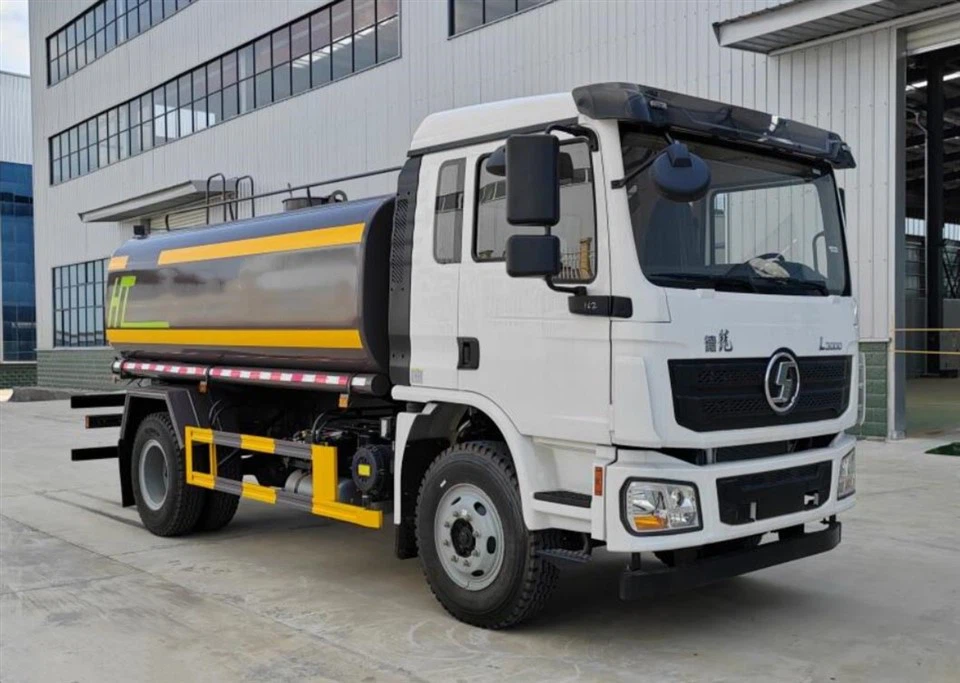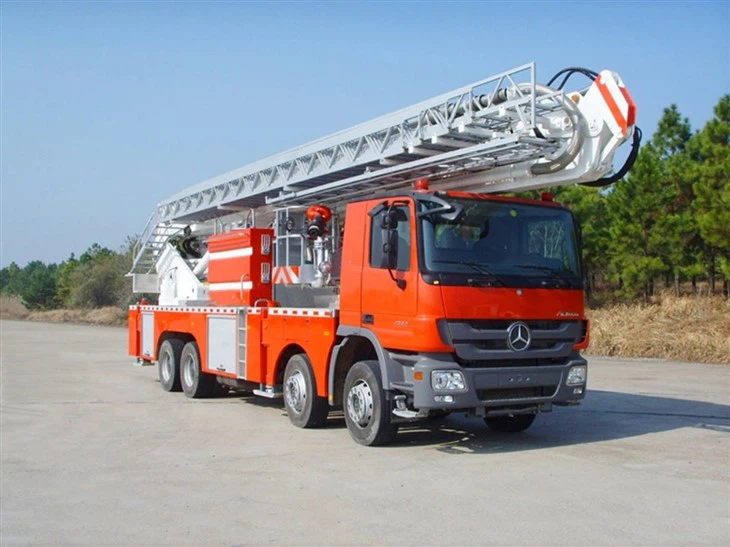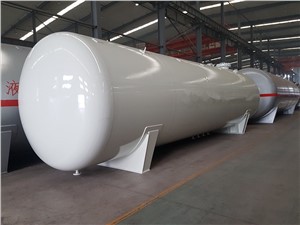Understanding the Mini Semi: A Comprehensive Guide

When it comes to transportation and logistics, the term “mini semi” has gained popularity among truck enthusiasts and industry professionals alike. A mini semi truck offers the perfect blend of size, power, and versatility, making it an ideal choice for various applications, from local deliveries to recreational use. This article will delve into the intricacies of mini semi trucks, exploring their features, advantages, types, and how to choose the right one for your needs.
What is a Mini Semi?
A mini semi, also known as a compact semi-truck, typically refers to a smaller truck that combines the functionality of a standard semi-trailer with a more compact design. These trucks are usually lighter and easier to maneuver, making them ideal for urban environments and locations with limited space. They feature a cab that can accommodate a driver and possibly a passenger, along with a trailer hitch capable of towing larger loads.
Features of Mini Semis
Mini semi trucks come equipped with a variety of features tailored to meet logistical and operational demands.
- Size: Mini semis are smaller than traditional semi-trucks, usually under 26,000 pounds in weight.
- Fuel Efficiency: They offer better fuel efficiency compared to larger trucks, saving costs for businesses.
- Versatility: Mini semis can handle various types of loads, making them suitable for diverse industries.
- Maneuverability: Their compact size allows for easier navigation in tight spaces and urban traffic.
Advantages of Using a Mini Semi
Utilizing a mini semi truck can offer several benefits that set it apart from standard trucks.
Cost-Effective Solution
Mini semis are generally less expensive to purchase and operate compared to larger semi-trucks. This cost saving is beneficial for startups and small businesses. Additionally, maintenance costs are usually lower due to the simplicity of the machinery.
Improved Accessibility
Because of their smaller size, mini semi trucks can access areas that would be impossible or impractical for larger vehicles. This feature is particularly advantageous for urban deliveries or special events where unloading zones are limited.
Environmental Impact
With better fuel efficiency, mini semis contribute to lower carbon emissions. As businesses move towards sustainable practices, using mini semis can align with eco-friendly initiatives.
Types of Mini Semis

When exploring mini semi options, it’s worth noting that there are several variations available on the market.
Light-Duty Mini Semis
These trucks typically weigh between 10,000 to 14,000 pounds and are ideal for local deliveries and small businesses. Light-duty mini semis are perfect for transporting lighter loads and navigating through urban environments.
Medium-Duty Mini Semis
Weighing between 14,001 to 26,000 pounds, medium-duty mini semis have a higher towing capacity. They are suitable for businesses that require flexibility in order sizes, balancing performance and payload capacity.
Recreational Mini Semis
Some mini semis are designed specifically for recreational use, including camping and outdoor adventures. These trucks often come with specialized features like larger cabins and built-in storage for equipment.
How to Choose the Right Mini Semi
Selecting the appropriate mini semi can be overwhelming, but keeping a few key factors in mind can simplify the process.
Assess Your Needs
Consider your requirements for frequent loads, distance traveled, and type of cargo. Understanding your logistics will help you determine which mini semi best fits your business.
Capacity and Specifications
Evaluate the weight limits and bed length of the mini semi truck. Make sure it can handle the loads you intend to carry without exceeding weight restrictions.
Budget Considerations
Establish a clear budget, including the cost of purchase, insurance, maintenance, and operating expenses. Look for financing options if necessary. The total cost of ownership is crucial for making the right choice.
Manufacturer Reputation
Do thorough research on manufacturers and brands. Look for those with a good reputation for reliability, customer support, and warranty offerings.
Common Applications for Mini Semis

Mini semis are widely used across various industries due to their versatility.

Local Deliveries
Businesses often utilize mini semis for local deliveries. Their compact size allows for efficient navigation through city streets, making them ideal for grocery stores, restaurants, and retailers.
Construction Sites
The construction industry employs mini semis to transport equipment, materials, and debris quickly. Despite their smaller size, they can manage the weight of construction materials effectively.
Recreational Use
Many mini semis are designed for recreational use, such as camping trips or outdoor feeding trucks. Their maneuverability and storage options are particularly beneficial for such activities.
Maintenance Tips for Mini Semis
Regular Inspections
Conduct routine inspections of the engine, tires, brakes, and lights. Maintaining these components helps prevent breakdowns and accidents.
Oil Changes
Follow the manufacturer’s guidelines for oil changes. Clean oil ensures that the engine runs smoothly and efficiently.
Tire Maintenance
Tires should be regularly checked for pressure and tread wear. Properly inflated tires contribute to better fuel efficiency and handling.
Future Trends for Mini Semis
The future of mini semis is promising, with several technological and design advancements on the horizon.
Electrification
The move towards electric mini semis is already underway, and many manufacturers are investing in electric or hybrid models. This shift could significantly reduce fuel consumption and maintenance costs for operators.
Autonomous Driving Technology
Developments in autonomous driving technology may soon allow mini semis to operate with minimal human input, increasing efficiency and safety on the roads.
Smart Technology Integration
Smart trucks equipped with GPS tracking and telematics will enhance fleet management capabilities, providing real-time data on location, fuel consumption, and performance.
Frequently Asked Questions
1. What is the average cost of a mini semi?
The cost of a mini semi can range from $30,000 to $100,000, depending on brand, model, and specifications.
2. Are mini semis easy to drive?
Yes, mini semis are generally easier to drive compared to larger trucks due to their size and maneuverability.
3. Can mini semis be customized?
Many manufacturers offer customization options for mini semis, including features for cargo space, bed length, and aesthetics.
4. What are the typical fuel efficiency ratings for mini semis?
Mini semis typically achieve 10 to 15 miles per gallon, depending on the model and load they are carrying.
5. Is financing available for purchasing a mini semi?
Yes, most dealerships and manufacturers offer financing options for purchasing mini semis, making it easier for businesses to acquire them.
6. How do I ensure compliance with weight regulations?
It’s essential to know the weight limits of your mini semi and regularly check load weights before transport to ensure compliance with local regulations.
